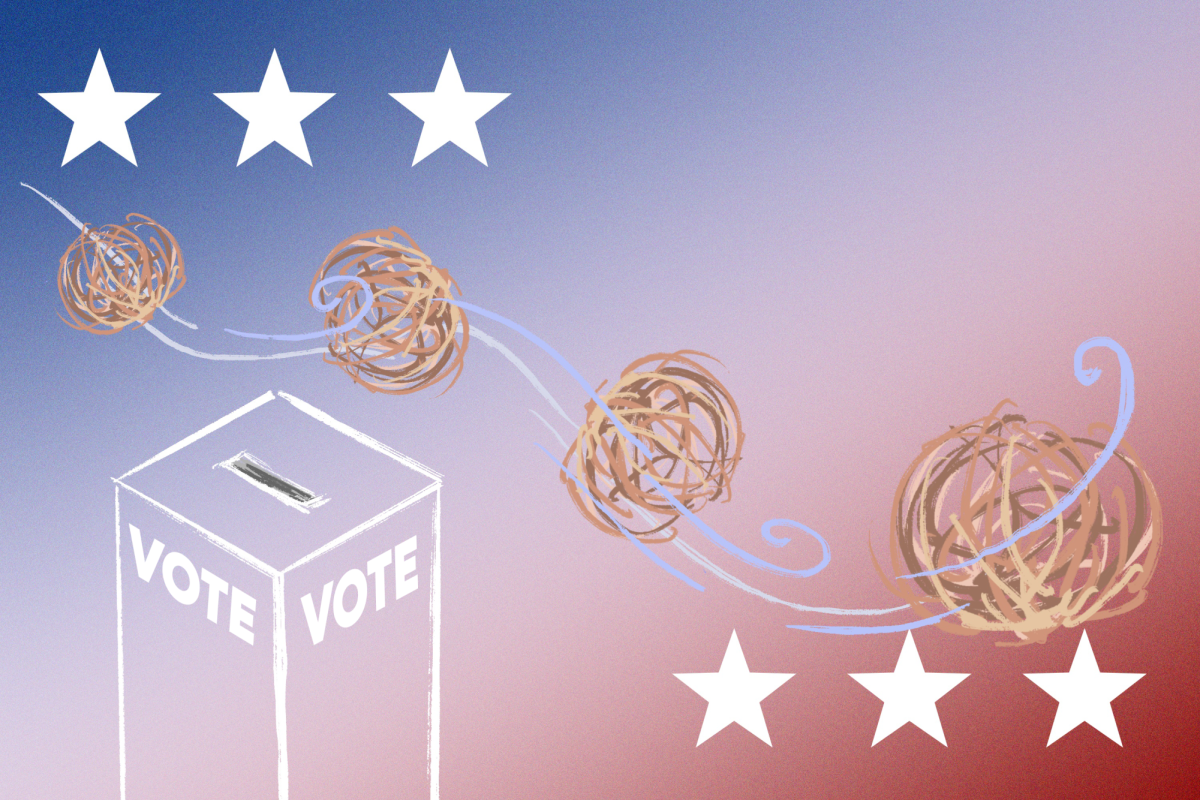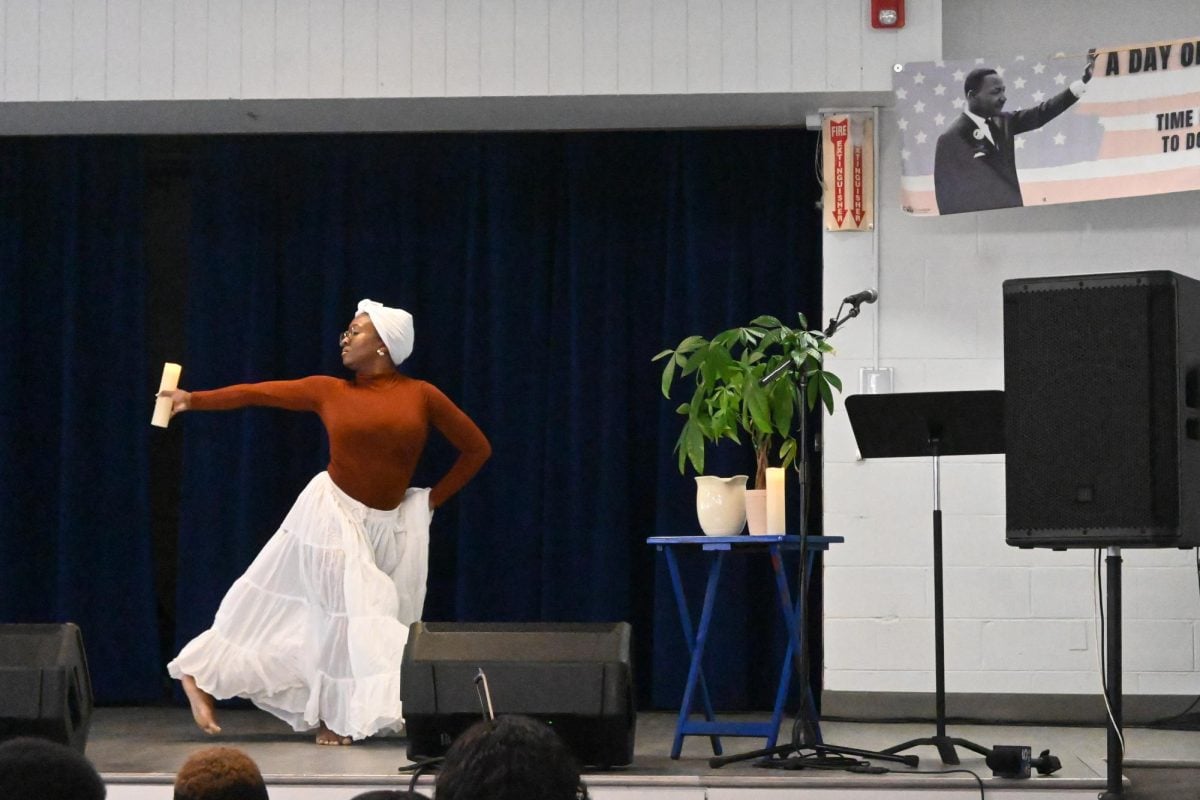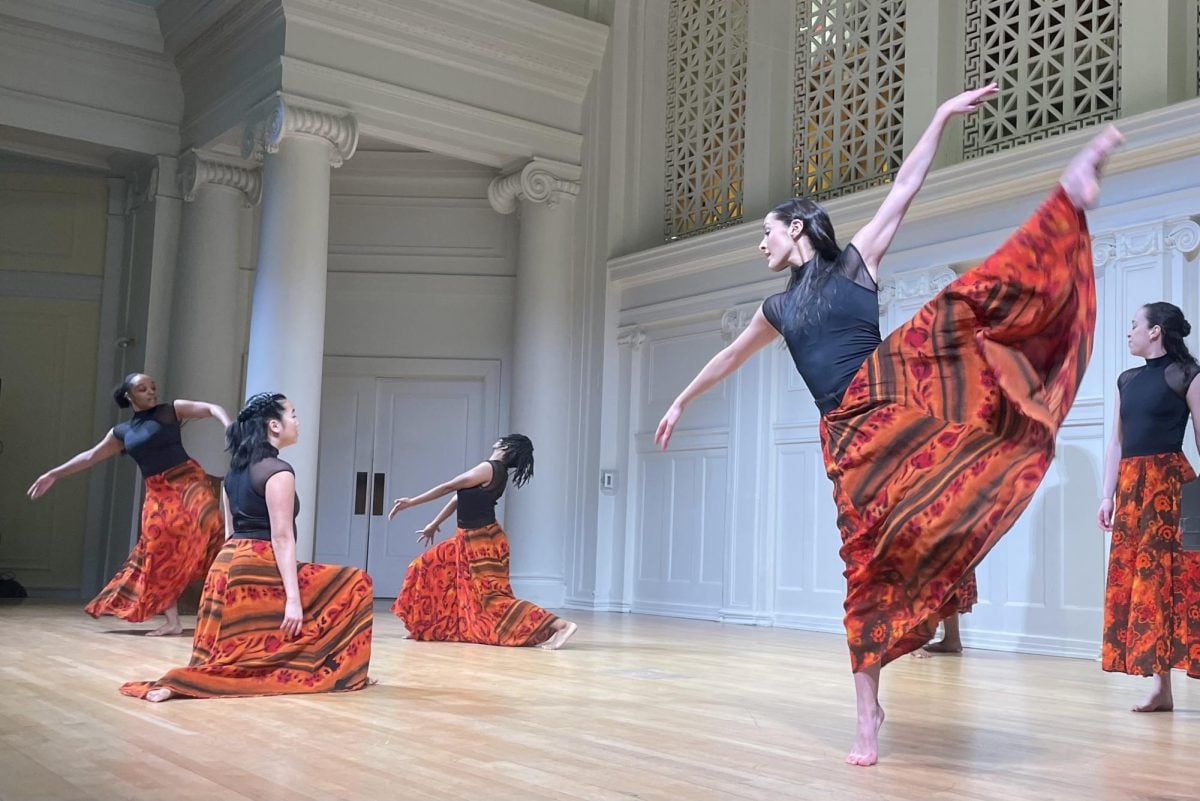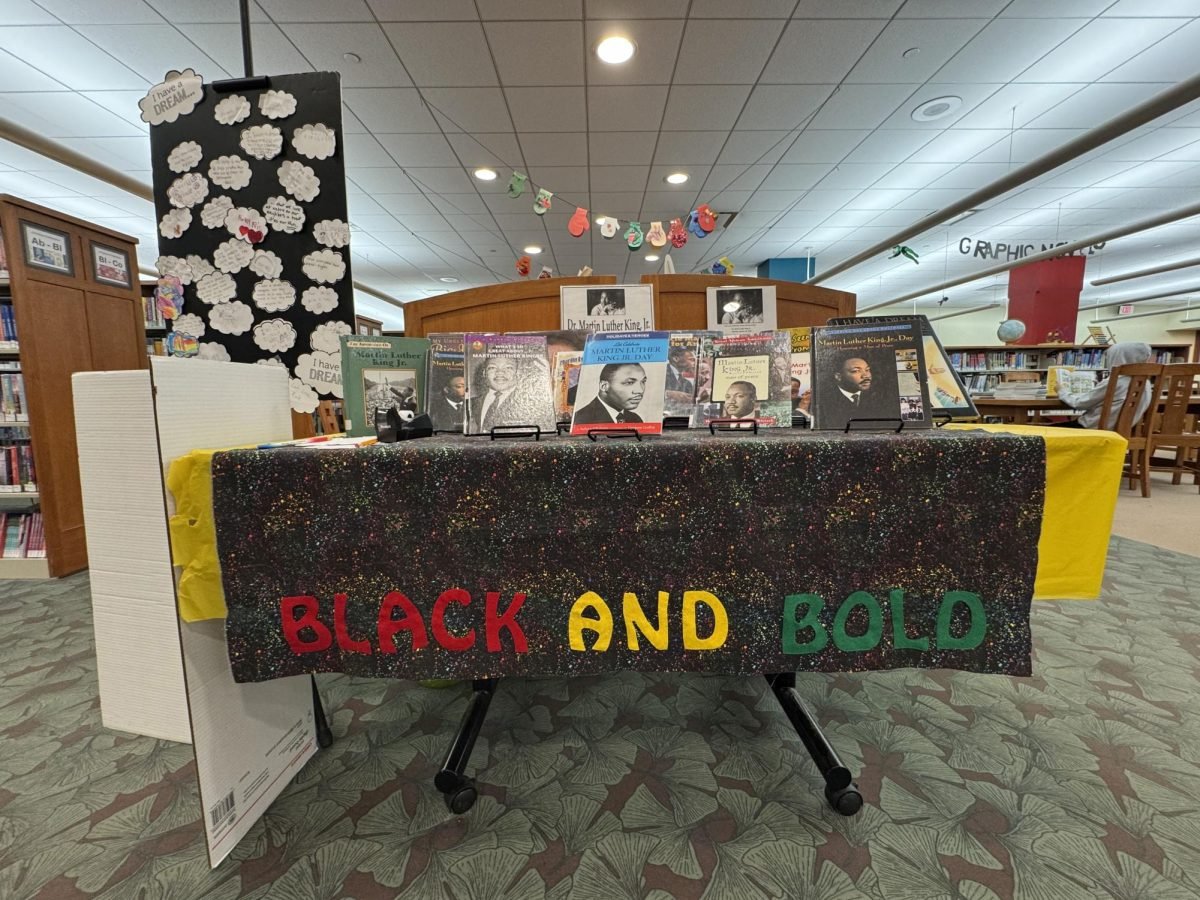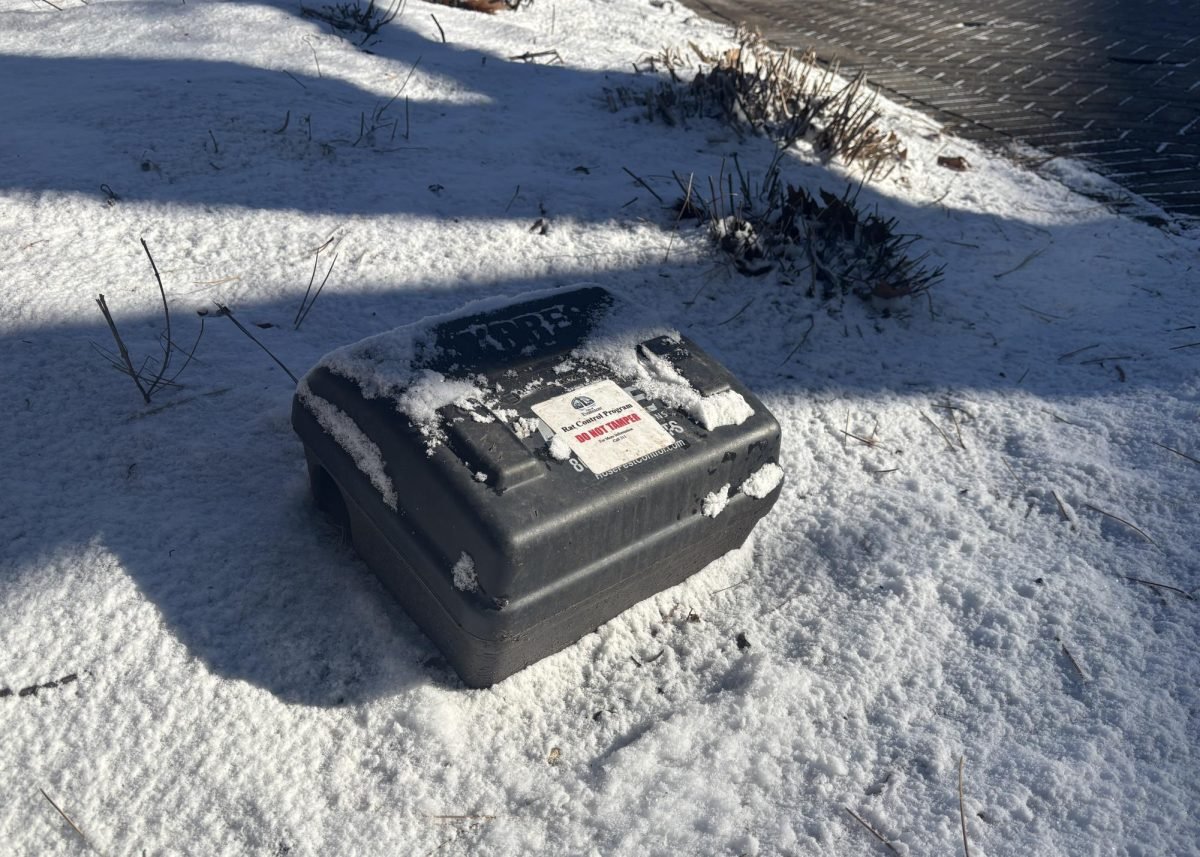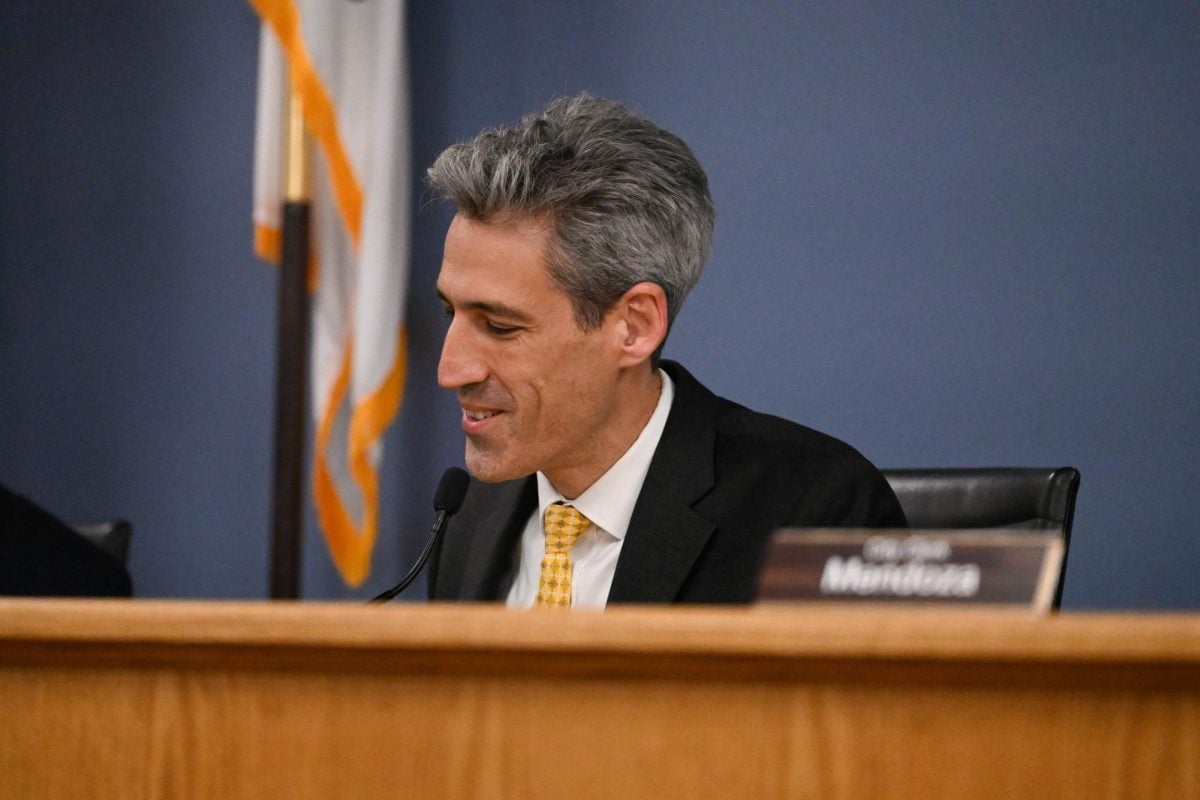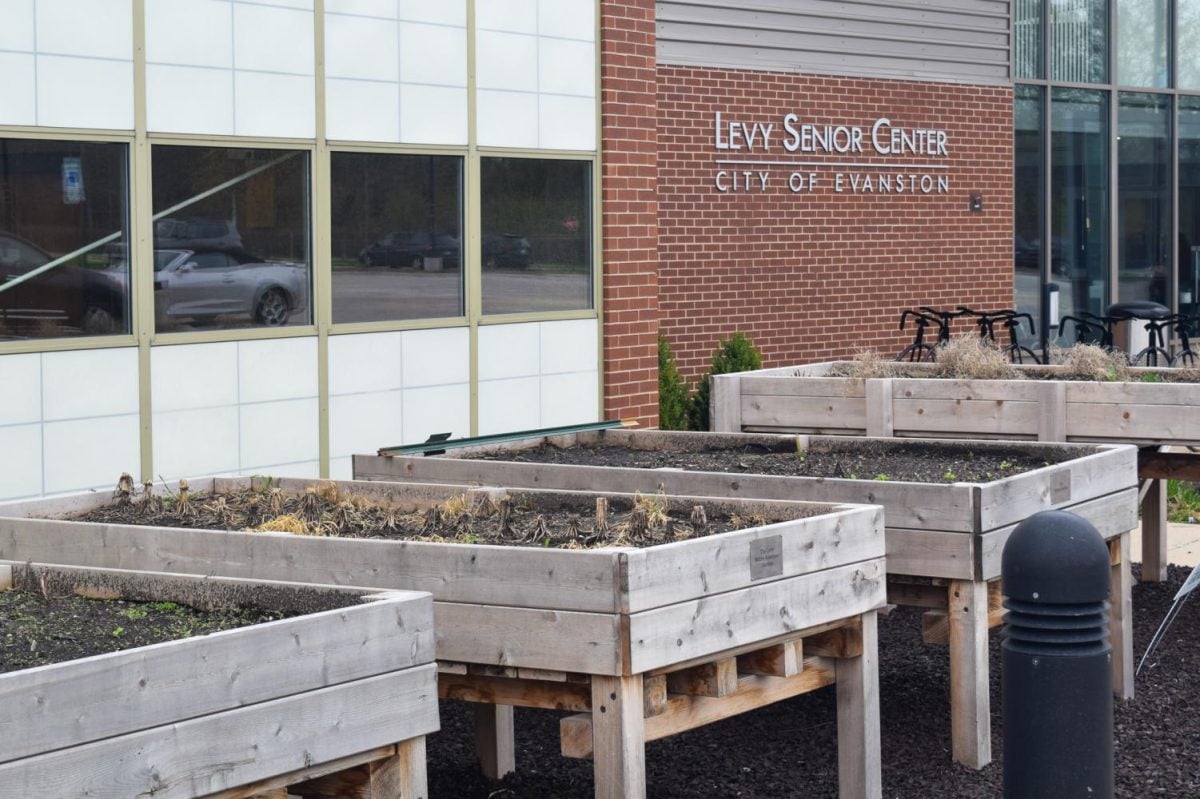Evanston political organizations and voter advocacy groups are ramping up efforts to increase voter turnout after only 17.95% of registered voters in the township cast their ballots in the March primary.
Fewer Evanston residents voted in the 2024 primary than the 2020 presidential primary, which had a voter turnout of 29%. With President Joe Biden and former President Donald Trump likely to earn their respective party’s nominations, the presidential primary was uncompetitive.
However, several local elections were competitive, including the Cook County State’s Attorney race.
According to Kathy Hayes, a Democratic Party of Evanston board member, many voters feel overwhelmed by the research and knowledge voting often requires. She added that voters often skip over elections for local positions like judges.
“(Some) people are very apathetic about the whole thing, and then you have others that are invigorated by the possibility of exercising their individual vote,” Hayes said. “I would have loved to see more activation and more voter turnout.”
Hayes said DPOE is working to increase Democratic turnout in Evanston by hosting rallies, posting on social media, delivering signs, calling residents and knocking on doors.
She added that it’s important for DPOE to reach voters outside of Evanston. DPOE extends its outreach to Wisconsin in areas that are “teetering on becoming purple,” she said.
“We believe that all of the ballot is extremely important to the outcome and quality of life for residents here in Evanston and Cook County,” Hayes said. “Here in the Midwest, it is about beating the doors and meeting the phones and really having one-to-one contact with individuals.”
While overall voter turnout was low, Evanston saw an increase in Republican votes.
About 750 votes were cast in the Republican presidential primary election, with former President Donald Trump winning 55.48% of the vote. This marks an increase since the 2020 presidential primary election, which garnered 475 Republican votes.
Jeff Fiedler, executive director of the Chicago Republican Party, said there is momentum growing within the Republican Party in the Chicago area.
Fiedler noted that while Trump garnered 12.41% of the vote in Chicago in 2016, he received 15.83% in 2020. Fiedler said he thinks the percentage will continue to increase in November. For him, the party is on an “upswing.”
“Republicans should be somewhat optimistic,” Fiedler said about the March primary. “This year, with no presidential contest, and really no contest throughout the city or the county on the Republican side … We’re going to hit about 40,000 voters, which is more than (the primary) two years ago when we had six governor candidates.”
According to Fiedler, the Chicago Republican Party is working to bring out Republican voters for the general election in November. He said the party is increasing touch points with voters, contacting them early and frequently via email, text and phone calls.
Kitty Knecht is a member of the leadership team at Indivisible Evanston, an organization with a mission to mobilize progressive voters and push against Trump. Knecht said turnout was likely low due to the perception of the presidential primaries being uncompetitive and pre-decided.
Knecht said her organization supports “maximizing turnout” by working to mobilize and register more voters.
She added that Indivisible Evanston’s voter registration group has been helping new voters register at Oakton College and Evanston Township High School to motivate them to cast their ballots in November. They are also working to mobilize voters outside the Evanston community.
Similarly, the League of Women Voters of Evanston is working on a long-term plan to increase voter turnout among youth.
The organization was “not terribly surprised” by the low turnout due to the number of uncontested elections, Jennifer O’Neil, a member of the voter services team at LWVE, told the Daily in an email. However, the organization would like to see a higher portion of Evanston voters cast their ballots, she said.
The organization previously conducted focus groups to better understand voter tendencies among young people while also attending ETHS volunteer and civics fairs. O’Neil said LWVE has also worked with other groups offering new initiatives aimed at youth voters, including other branches of LWV.
Indivisible Evanston and LWVE are both part of the Voter Participation Action Coalition, a group of Evanston organizations originally formed to increase local participation in the 2016 presidential election.
VPAC organizations are working together to continue efforts to increase turnout in the 2024 general election.
Email: lilyogburn2026@u.northwestern.edu
X: @LilyOgburn
Related Stories:
— Voter Participation Action Coalition discusses election-year updates and mobilization strategy
— Evanston considers proposal allowing documented residents to vote in municipal elections
— When politics get personal: League of Women Voters looks into civility in city government
